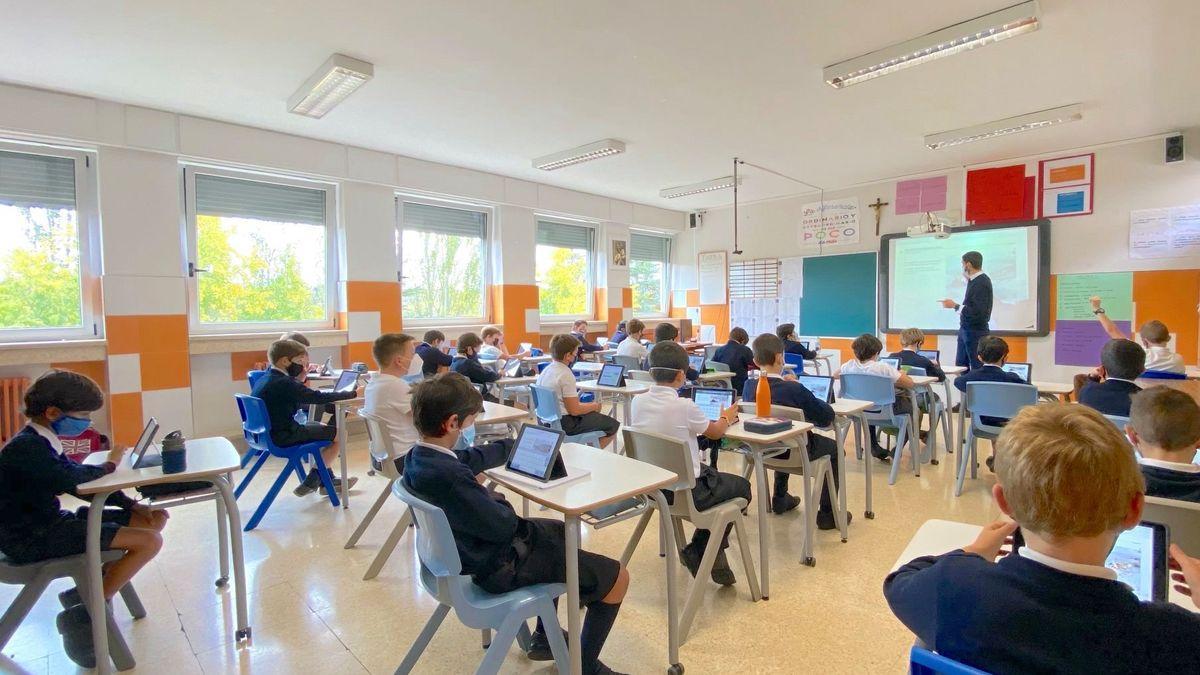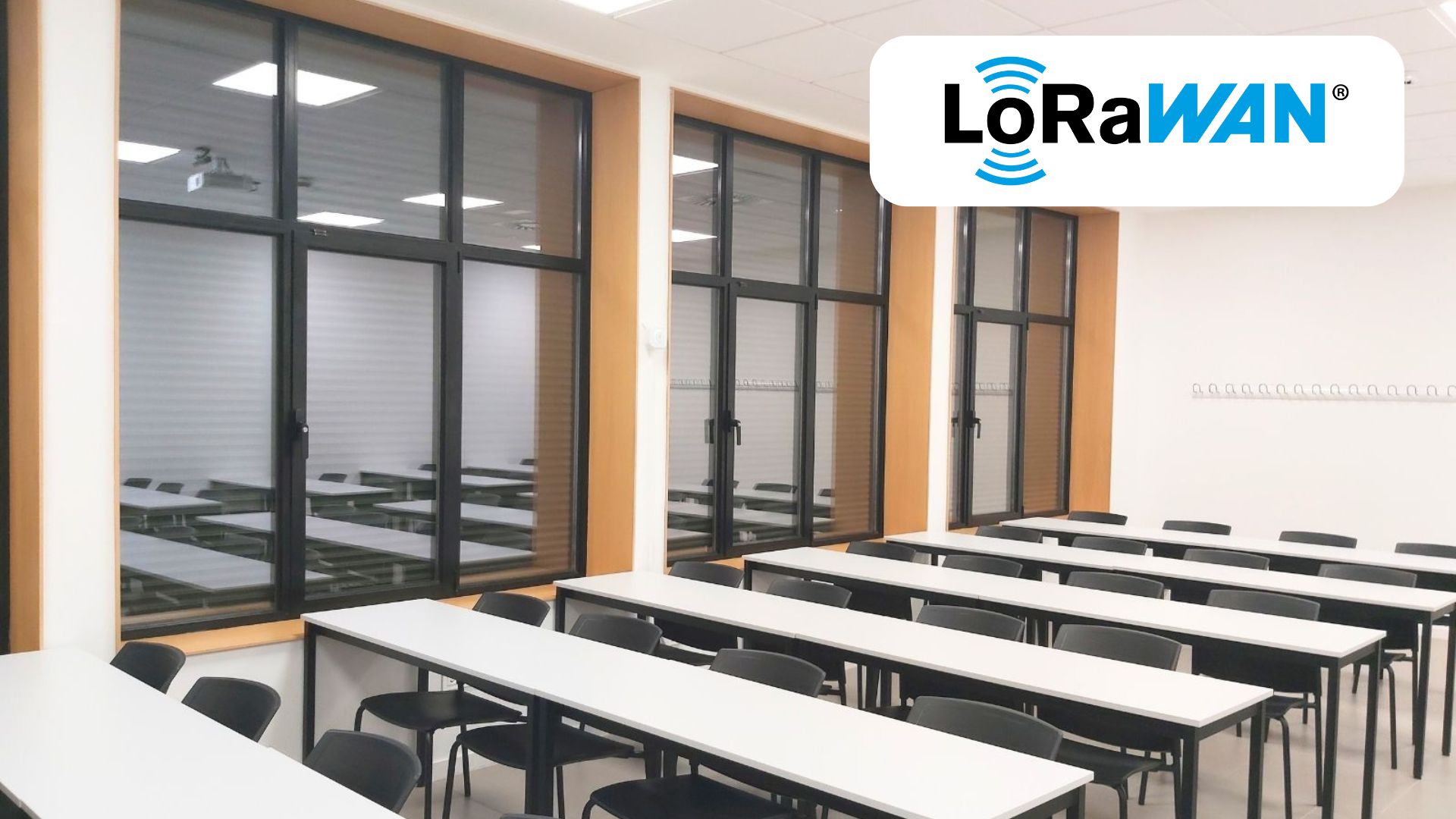In a context where health and safety in schools became a top priority, the Department of Education of the Government of Navarra launched a region-wide initiative to ensure healthier and safer learning environments.
Their objective was both ambitious and forward-thinking: to deploy a scalable and user-friendly indoor air quality (IAQ) monitoring solution across all public educational centers in the region.
The goal was to enable real-time visibility of IAQ data, promote efficient ventilation based on actual environmental conditions, minimize health risks for students and staff, and avoid unnecessary energy losses caused by excessive manual airing.
- To meet the challenge, the Government of Navarra implemented an IAQ solution designed for scalability, ease of use, and central coordination. A total of 700 MICA Mini devices with WiFi connectivity were deployed across classrooms in public schools throughout the region.
- One of the project’s main challenges was to deliver a ready-to-use, unified solution across a large and diverse network of educational buildings—all under tight implementation timelines. Ensuring that each device could securely connect to the Government’s private WiFi network required precise preconfiguration and close coordination with IT teams. This level of deployment demanded strong logistical planning and technical rigor to ensure seamless integration at scale.
- Each device was preconfigured to connect automatically to the network, allowing for quick and reliable installation across hundreds of locations. A customized dashboard provided centralized, real-time monitoring of indoor air quality across all centers, empowering facility managers and decision-makers with actionable data.
- To support day-to-day operations, the devices featured built-in visual indicators that alerted teaching staff when ventilation was required, enabling fast and informed action. The initiative also included clear operating protocols and guidance, ensuring consistent responses and data-informed decision-making in every classroom.
- Healthier learning environments : Significant reduction in CO₂ peaks helped improve indoor air quality and supported better health and wellbeing for students and staff.
- Enhanced comfort : More stable temperature and humidity levels contributed to a more comfortable and productive classroom experience.
- Improved energy efficiency : Visual alerts ensured that ventilation actions were taken only when necessary, reducing energy waste without compromising air quality.
- Centralized IAQ management : The Department of Education gained full visibility and control over IAQ across all public schools through a single, centralized platform.
- Empowered educators : With user-friendly tools and clear protocols, teaching staff were able to take meaningful action in real time—creating healthier, more responsive classrooms.
700
devices (
,
,
)
API licences
My inBiot Business licences
Custom Business Intelligence dashboard
Temperature, Humidity, CO2, TVOC, PM2.5, PM10, PM4.0, PM1.0 & Formaldehyde
Pamplona, Spain
2021


















